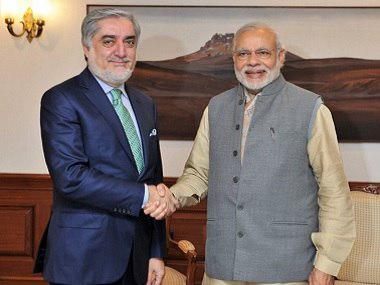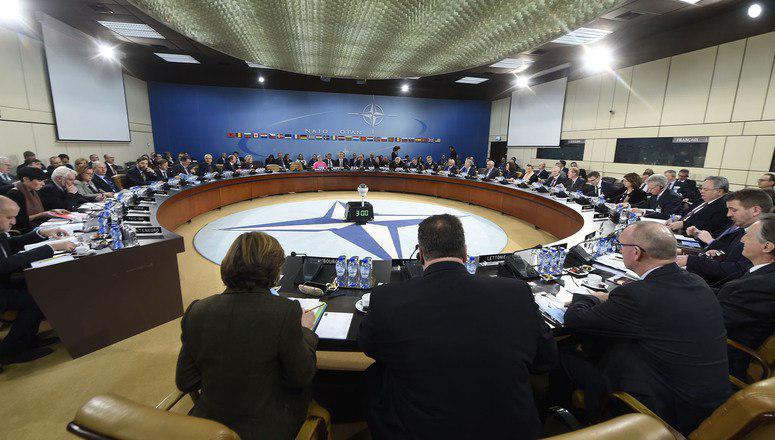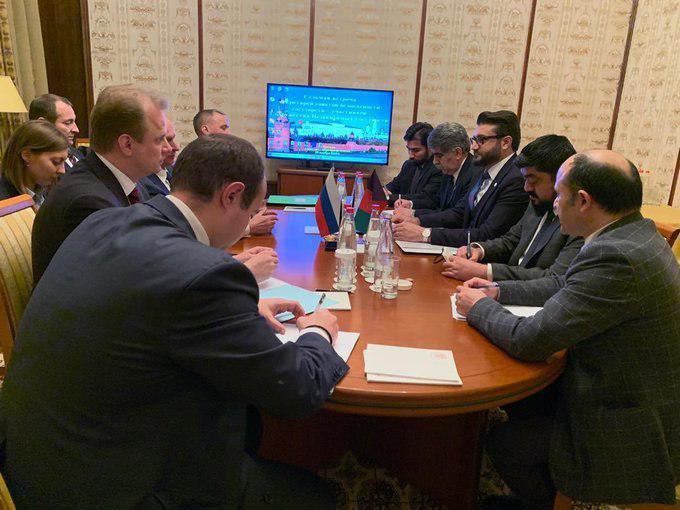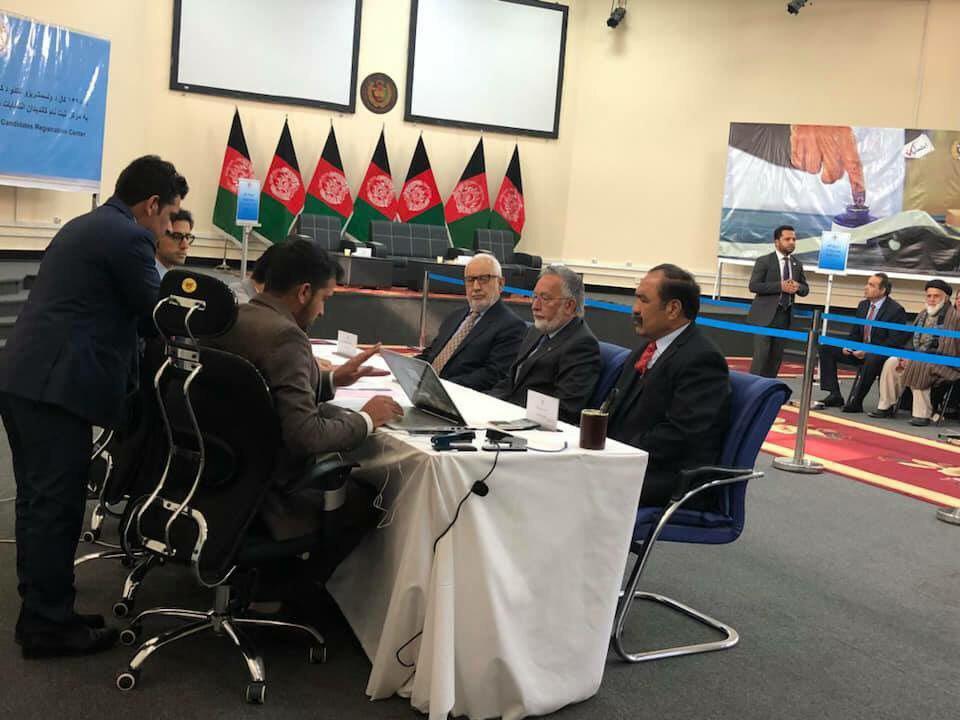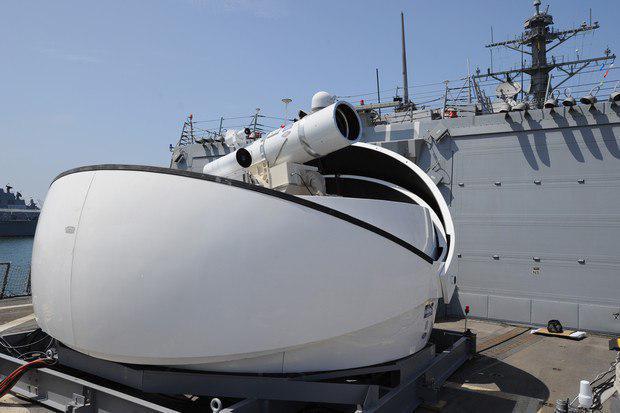Why world leaders must address Afghanistan and Sudan crises
While humanitarian aid is vital, Tvinnereim says investment in small, local businesses to ensure they keep running during conflicts and disasters is essential to avoid a complete economic collapse
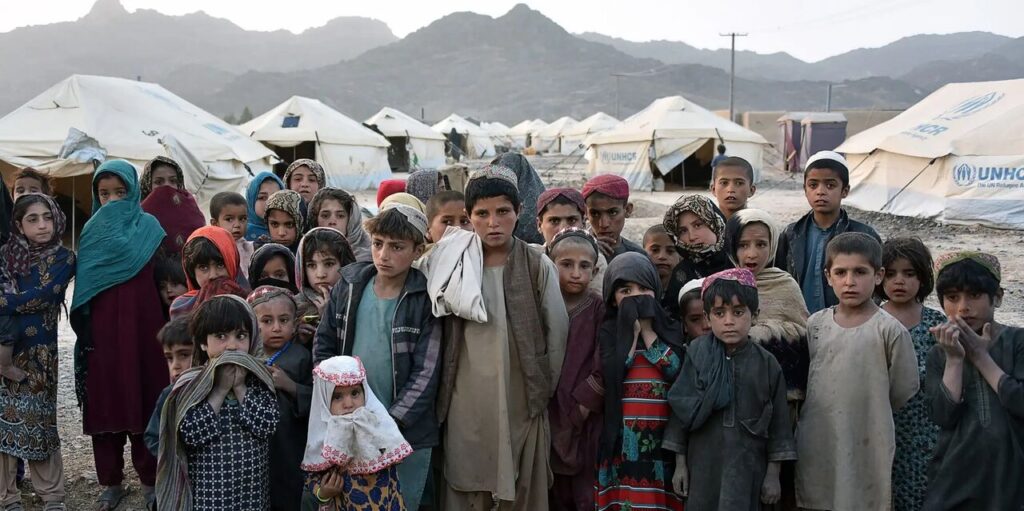
As political leaders and the eyes of the world’s media continue to monitor events in Ukraine and Gaza, there are growing concerns that other countries in dire need of humanitarian and financial aid are being forgotten by the international community.
That’s the view of Anne Beathe Tvinnereim, Norway’s Minister of International Development, who says that the World Economic Forum in Davos has a pivotal role to play in diverting attention towards those nations in desperate need of help.
“There are many crises around the world that need a lot more attention,” she said to CGTN Europe. “The conflicts in Ukraine and Gaza are receiving a lot of attention, and rightly so, but there are other conflicts out there that need financing, more humanitarian access and more political attention.”
Afghanistan and Sudan are two countries enduring desperate times. Since the U.S. withdrew from Afghanistan in August 2021 and the Taliban seized power, 25 million people have been plunged into poverty. It’s predicted that by the end of 2024 half of the country will require humanitarian aid.
In Sudan, violence between the Sudanese Armed Forces (SAF) and the paramilitary Rapid Support Forces (RSF) erupted in April 2023, resulting in 4.5 million people being displaced between April and November. The conflict has been exacerbated by floods and droughts across the country.
Tvinnereim says it’s vital to establish communication between leaders and the private sector to identify nations in need of help. “In Sudan, 1.5 million have fled the country and many of them are children. The level of ethnic and sexual violence in the war is devastating, but we never hear about it on the global news.”
She added: “I’d also like to mention Afghanistan. A year back it was at the center of the world’s attention, now 25 million people are in need of humanitarian assistance just to live. Then there were devastating earthquakes just a few weeks ago, just as the Gaza conflict escalated. It really needs the world’s attention.”
As the number of humanitarian crises increases, as a result of war and extreme weather events, Tvinnereim says the financial assistance required to help countries is diminishing. The key to solving the problem could be to secure investment from the private sector.
She said: “We are discussing it here in Davos because we need to work differently, and we need to work a lot more on preventing humanitarian crises, investing in early action instead of always coming up with answers after the disaster strikes.
Since April, 4.5 million people have been internally displaced in Sudan, while 1.5 million have fled to neighbouring countries.
“We have some good discussions with private investors here. It’s important that we all team up, get all hands on deck, so we can start to do things differently, because this is not moving in the right direction.”
But while humanitarian aid is vital, Tvinnereim says investment in small, local businesses to ensure they keep running during conflicts and disasters is essential to avoid a complete economic collapse.
“In every conflict zone, anywhere where disaster strikes, there is still a local market,” she says. “There’s always some kind of functional market. And we need to strengthen those markets and get them moving. We’ve seen many times that humanitarian interventions have actually made things worse.
“We have, of course, helped saving lives, but we have at the same time, undermined existing markets, local food producers, for example, in the way we have intervened to monetarily. We need to do things differently because that creates resilience in the local communities.”


